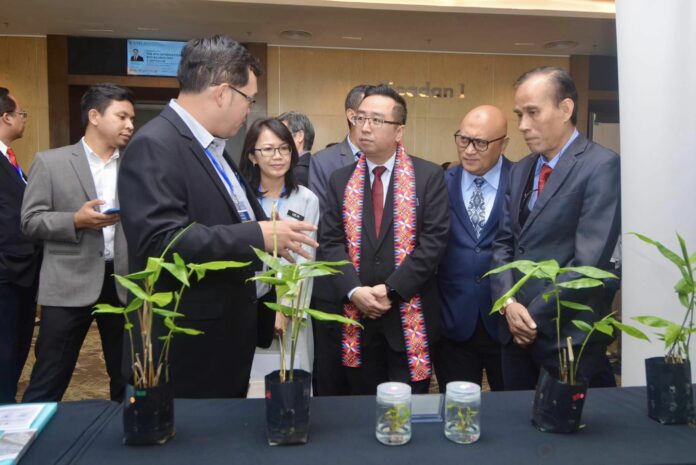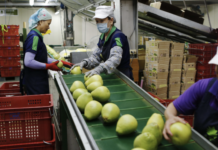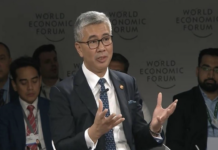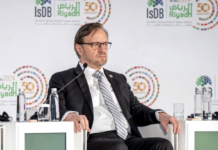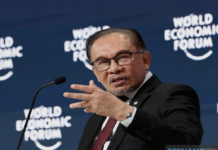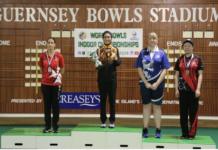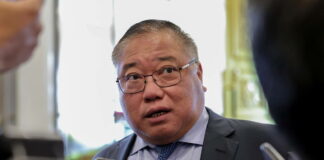KOTA KINABALU, Aug 29 — Sabah, with its immense biodiversity, offers a treasure trove of genetic resources that could be tapped for various biotechnological applications, said the Science, Technology and Innovation Minister Chang Lih Kang.
He said the state’s rich ecosystems including rainforests, coral reefs and deep-sea environments, house a plethora of organisms, many of which are likely to contain unique and yet-to-be-discovered biomolecules.
“These genetic riches could be instrumental in developing new medicines, agricultural varieties, industrial enzymes and other valuable products,” he said in his opening speech at the 8th International Biotechnology Symposium ‘Translation Biotechnology: Impact and Way Forward’, here, today.
The two-day symposium organised by the Biotechnology Research Institute, Universiti Malaysia Sabah (UMS) gathers 250 participants including from Japan, South Korea, India, Pakistan and Indonesia.
Chang said the biomolecules found in Sabah’s biodiversity have often unusual characteristics such as antimicrobial and anticancer activities that have the potential to be invaluable assets for further advancements in biotechnology.
Moreover, Chang said, Sabah’s well-preserved ecosystems are teeming with diverse microbial communities and these microorganisms could have applications in waste treatment, bioremediation (a process of using microorganisms to break down hazardous materials) and biofuel production.
“To harness these opportunities, it’s imperative that Sabah’s natural resources and ecosystems are recognised and utilised to their fullest potential. By doing so, not only can a robust biotechnology sector emerge, but it can also contribute to sustainable development and address both local and worldwide challenges,” he added.
On the symposium, Chang said, it serves as a platform to exchange ideas, share knowledge and forge meaningful partnerships, at the same time, a celebration of the collaborative efforts of researchers, entrepreneurs, and visionaries who relentlessly push the boundaries of biotechnology.
Meanwhile, UMS Vice-Chancellor Prof Datuk Dr Kasim Mansor in his speech text read by Deputy Vice-Chancellor (Research and Innovation) UMS Prof Ir Dr Rosalam Sarbatly said the importance of translational biotechnology cannot be understated as it has revolutionised the diagnosis and treatment of diseases and made possible great advances in the practice of personalised medicine.
Furthermore, he said, translational biotechnology has transformed agriculture, increased crop yields and averted food shortages, paving the way for more sustainable, cleaner, environmentally friendly industrial processes.
“We must also encourage collaboration between academics, captains of industry, and policymakers to ensure that our breakthroughs are successfully adapted into real-world applications that can benefit communities around the globe,” he added.




